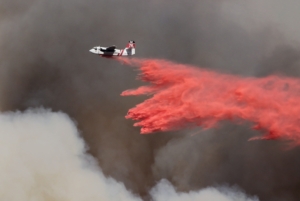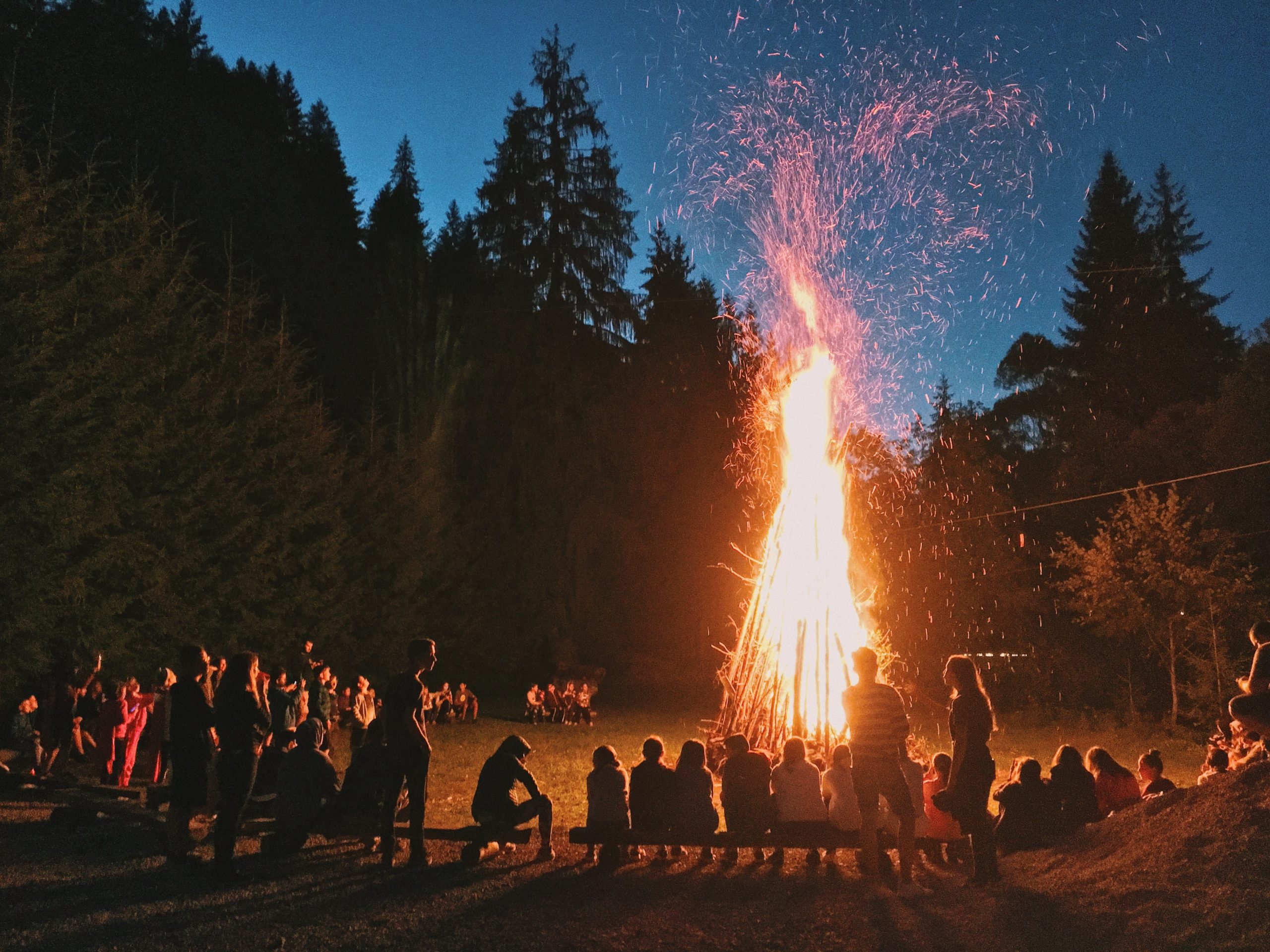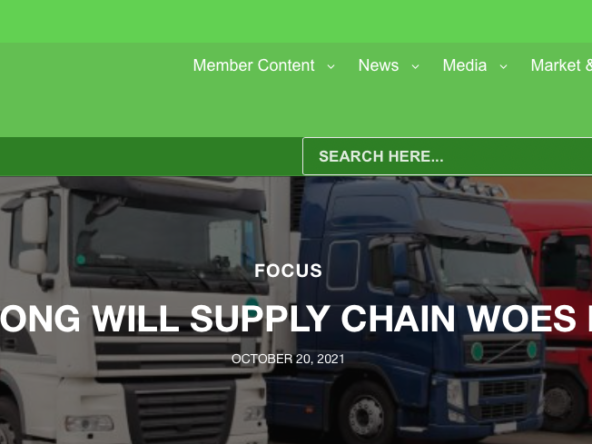What Does Diversity Mean to You?
Interviewing against thousands of qualified applicants for a coveted badge as a firefighter/paramedic, candidates are interviewed multiple times and in multiple ways before they are given a chance to join the ranks of the nation’s bravest. Hired as one of the youngest professional firefighter/paramedics in my early 20’s, I nailed the interview rounds, landing my childhood dream career in public safety. One of the defining moments in the interview process is nailing this question, “Tell me what diversity means to you?”
Unlike corporate America that sees diversity largely based on race, as evident by who they hire and allow into Diversity, Equity, and Inclusion (DEI) leadership roles, a firefighter’s answer can truly teach DEI practitioners in the business world, what diversity truly means.
Training Day
Firefighter recruits undergo rigorous fire academies much like the military, where recruits are pushed to their limits mentally, emotionally, and physically to see if they’re cut out to perform. Completing two academies in my lifetime, I’ve seen grown men quit on the spot, because the job was too much. Working through my probationary periods, I also saw other people leave because they were not a fit for the agency. While this is common across industries, what isn’t common is how people view diversity.
As firefighters, we are trained to provide emergency medical services in the field, and as a paramedic. After the academy people’s lives are on the line as we are given their unconditional trust to enter their homes 24/7 to provide administer drugs and life saving procedures that are similar to what’s available inside a controlled emergency room.
Unlike our colleagues in controlled healthcare settings, we see first-hand, the social determinants of health play out as we witness domestic abuse, refrigerators without food, homes without electricity, and gang warfare as we rush 18 year olds to the trauma center bleeding out.
While training day prepares a first responder, seeing things like this changes their life.
Imagine what the business world could be like if every leader and their teams were required to volunteer in our inner-cities for one week, putting business aside, to focus on learning how their business and influence can create better outcomes for the people who are living right next door.

Diversity in Equipment, Tools, and Customers
Millions of 911 calls come in each year, spurring first responders to stop what they’re doing to spring into action. Every 911 call is diverse by nature.
Diversity defined: the condition of having or being composed of differing elements.
As a first responder, I took care of a Major League Baseball player in one of the worst head-on collisions in baseball history; I’ve crawled on my hands and knees inside a burning building with sheetrock falling all-around and went on another call climbing a 105 foot aerial ladder accessing the rooftop of a commercial building in the night; I’ve also made soup for a 90year old woman who didn’t eat for two weeks, trying to end her life until the reminder, that someone still cares changed her life.
Diversity is truly about all of the elements at play, not just race, age, gender, and religion.
Diversity is more than that.

Diversity in Training, Response Type, and Personnel
Joining the San Jose Fire Department, I loved it when the diversity question came up, because I was able to articulate what diversity means to me. In the contest of being a firefighter, I already learned about socioeconomic diversity working in Richmond, CA which was home to one of the highest per capita homicides in California, known as the Compton of northern California at that time. Born to a lawyer who spent a lot of time in Washington D.C., I also questioned why policy leaders made decisions that put people into conditions like I saw in Richmond; conditions that were like a war zone of a third world country, considering how much wealth America has.
Beyond the socioeconomic factor in the diversity question, was the diversity in training and response types. The San Jose Fire Department is an all-risk fire services agency, so it allows a driven firefighter the opportunity to put their training to use. You can work at the airport on specialized aircraft firefighting rigs; you can work at a wildland interface station to go on brush fires; you can work downtown to climb hi-rise buildings in the middle of the night with 100 pounds of gear on; and you can promote through the ranks, working in other roles from inspectors to arson investigators.
Diversity in this context allows for a rich, and rewarding career. Unlike other fire departments, once you landed a career at San Jose Fire Department, you were set to stay in a well paid agency that offered growth, and unlimited learning opportunities.
Unlike Silicon Valley where people come and go in corporate settings, the fire department offered a stable platform for continuous growth and evolution as a person. It also recognized the hours invested in training talented individuals, and worked hard to keep them offering room to grow within.
Agencies that did not have as much diversity did well staying true to their culture and recruiting people who fit in, while others were home to a revolving training door, because they wanted A-players yet they lacked the diversity to keep them. The same is true in business. Companies can recruit the brightest people, but if they fail to develop their minds throughout a career, they will lose the drivers after a point.
Investing in training and having a holistic lens into what diversity means, can help you attract, retain, and develop your talent.

Diversity in Culture
Just like the military, the fire service has its own culture, even within a fire department. While the Navy employs multiple people in multiple roles, few make the cut to join the elite Navy SEALS. In the fire service, there are also elite teams called Rescue Squads, who specialize in complex rescues and situations like rescuing window washers trapped 60 stories up in the air, or entering flood zones with specialized boats after hurricanes.
Each fire department has its own culture, and within each fire department, each fire station has its own culture.
Some stations are more relaxed than others, and other stations are as competitive as your high school football team.
Culture is powerful.
Depending on the culture, agencies either stay stuck in time defending old habits like wearing firefighter gear into the firehouse after a fire to spread the smell of smoke signalizing a job well done, and the cancer causing vapors that come with it; or, they stop defending outdated cultures, and look to what other innovators are doing in their field to promote health, wellness, and new ideas to stay relevant with the times.
Just like corporate, there is the overall culture, and then there are subcultures on each team.
Managing subcultures is important, because this is where good and bad things can happen.
Subcultures can promote positive changes. Think of your advocates and drivers who want the best for the overall culture; you know, those people who move “too fast” rocking the boat to change course ahead of the competition.
Then, there are toxic subcultures. The bullies, the bad boys, and the obstructionists who will fight progress at any cause to uphold their fragile egos.
Subcultures can also pose challenges to diversity.
You can have a subculture whose message is stronger than the collective group, with some messages being valid and others being manipulative or out of context.
Overall, you have to manage your culture, expectations, and tone of what’s acceptable and what’s not.
Most important, you need leadership to enforce what a health culture looks like so people strive to progress and treat everyone with the same level of respect, no matter what rank, title, team, or status.
The human spirit is the core of culture.

Global Diversity
Traveling the world, I stopped in numerous fire stations to say hello and handout a patch from my fire department. There’s a rich tradition in the fire service that goes beyond the local jurisdiction, and an appreciation for what we do around the globe.
Visiting fire stations on my travels, I learned that there was a diversity in apparatus, the type of protective clothing used, and the types of incidents firefighters were called to face.
I learned that we all shared similar highs and similar lows of witnessing the worst in our communities.
Similar to multinational corporations, the fire service puts fires out the same way in every place around the world, with dedicated personnel, equipment, and a ton of water! While there are differences in how we talk, what we wear, and what we’re paid, the job is still the same.
Understanding global similarities and differences is key in our business world.
We can learn about new equipment and innovations beyond our borders as we connect with our peers in other countries.
We can share and exchange new ideas, perspective, and best practices.
We can also learn that our challenges are not unique, and that we share similar outlooks as another human here on earth.
Understanding global diversity is a must in today’s connected world.

Diversity and The Next Generation
Students are learned to think, act, and behave according to the social contract that they enter when they begin school. Ideology and belief systems is learned at an early age; unlearning it, at a later age.
As I’ve shared, working as a first responder truly opens your eyes up to the full spectrum of diversity.
In business, I’ve seen leaders go unaware in their communities, which impacts the next-generation.
In business, we hire numerous workers from overseas to do jobs that young men and women in our inner-cities could do if they had the right investment from our business and political leaders.
The outcomes in our inner-cities would be changed if we focused on reducing some diversities, including the diversity spread between those who advance in our society and those who are left behind due to policy.
While we may not be able to fix everything for our generation, it should be our goal as humans to make our communities a better place for the next-generation, knowing what we know, and courageously admitting what we do not know.
Our next generation is important.
While we work towards a more diverse and equitable society, let’s also invest in the right places as business leaders, starting today.

Through my diverse career journey from firefighter to Fortune 500, and being appointed to serve on the California Committee on Employment of Persons with Disabilities, I’ve seen the full spectrum of diversity. Transitioning with a career ending injury out of the fire service, I also experienced the first-hand discrimination by a Human Resources professional when it came to hiring me after losing a rewarding six-figure career and needing a minimum wage retail job to survive, as I was told, “I think it’s a risk hiring you. What do you think?”
Through it all, I’ve seen the well crafted diversity statements, yet, know the data and lived experience that says we are a long way off.
That said…
I believe business is the greatest force for good because our businesses are rooted in our communities.
I believe we must think differently about diversity.
We must start opening our minds when it comes to what diversity means, and who we should place in these key roles, because the stakes are high.
Diversity is far greater than race.
Diversity is far too important to minimize its impact in how the current corporate culture views the role of diversity, equity, and inclusion positions as evidenced by what is puts out.
Diversity means a lot to me.
Diversity means…
- Socioeconomic factors
- How we think
- What we believe
- Access to education
- The ability to live, work, and play in an area where we can feel fully alive
- Access to healthy food to fuel a health mind
- Tools supported with the right training to know how to use the tools
- Coaching and mentoring to help people grow
- Conscious conversations about our cultural differences to learn from each other
- Preservation of natural resources
- Life experiences, aka age, gender, race, disability
- Public policy decisions
- And the ability to disagree without repercussion
Diversity is at the core of our democracy and values.
In examining the current diversity lens, we need to expand the conversation beyond the hot topics. After all this is what equity and inclusion is all about.
Enough of me and my view on diversity.
What does diversity mean to you?



